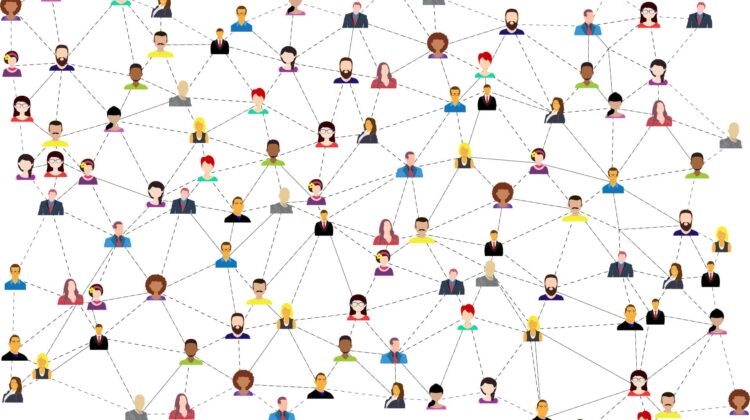
The impact of social media and how it has changed the way we communicate and interact with others.
Social media has been a game-changer in the world of communication and interaction. It has transformed the way we connect with others, share information and form relationships. With the rise of social media platforms like Facebook, Twitter, Instagram, and LinkedIn, we have access to a vast network of people, ideas and experiences like never before. In this article, we will explore the various ways social media has impacted communication and interaction and how it has shaped our lives.
The power of social media to connect people from different parts of the world cannot be understated. The ability to communicate with anyone, anywhere, at any time has transformed the way we interact with others. Geographical barriers have been eliminated, and communication is now faster and more accessible than ever before. People can share their thoughts, opinions and experiences with a global audience in real-time. The speed and ease with which we can share information have led to a more open and connected world.
Another significant impact of social media on communication and interaction is the creation of new social norms. Social media has created a new kind of social interaction that is not based on physical proximity. People can now form relationships without ever meeting in person. Social media platforms have made it possible for individuals to connect with others based on shared interests, beliefs, and values. This has created new opportunities for social interaction and has enabled people to connect with others who share their passions and interests.
However, the creation of new social norms has also led to new challenges. Social media has created a new kind of social currency based on likes, followers, and shares. This has led to a new kind of social pressure, where people feel the need to present themselves in a certain way online. The pressure to be “perfect” online can lead to feelings of anxiety and stress, as people strive to present an idealized version of themselves online.
In addition to the pressure to present an idealized version of oneself, social media has also created a new kind of pressure to stay connected. People feel the need to be constantly connected to social media platforms to stay informed, up to date, and connected with their friends and family. This has led to a new kind of addiction to social media, where people find it difficult to disconnect and take a break from their devices.
Despite the many benefits of social media, there are also downsides to its impact on communication and interaction. Social media has been linked to increased feelings of isolation and loneliness, particularly among young people. Social media has also been linked to cyberbullying and the spread of fake news and misinformation. The speed and ease with which information can be shared can lead to the spread of false information, which can have serious consequences for individuals and society as a whole.
In conclusion, social media has had a significant impact on the way we communicate and interact with others. It has transformed communication, enabling people to connect and share information quickly and easily regardless of their location. Social media has also created new opportunities for social interaction, allowing people to form relationships based on shared interests and values. However, social media has also created new challenges, including feelings of isolation and loneliness, cyberbullying, and the spread of fake news and misinformation. As social media continues to evolve, it is important that we are mindful of its impact and take steps to ensure that it is used in a way that enhances our lives and relationships.
Author: Theodore Y. Sanders
Expert in new technologies. He has always lived in Silicon Valley where he consults for numerous technology start-ups. Collaborates with the Deeping in the area of technoclogical innovation and technology
